The University of Chicago Press, Chicago 60637
The University of Chicago Press, Ltd., London
2020 by The University of Chicago
All rights reserved. No part of this book may be used or reproduced in any manner whatsoever without written permission, except in the case of brief quotations in critical articles and reviews. For more information, contact the University of Chicago Press, 1427 E. 60th St., Chicago, IL 60637.
Published 2020
Printed in the United States of America
29 28 27 26 25 24 23 22 21 20 1 2 3 4 5
ISBN-13: 978-0-226-69173-2 (cloth)
ISBN-13: 978-0-226-69187-9 (paper)
ISBN-13: 978-0-226-69190-9 (e-book)
DOI: https://doi.org/10.7208/chicago/9780226691909.001.0001
A Litany for Survival. Copyright 1978 by Audre Lorde, from The Collected Poems of Audre Lorde by Audre Lorde. Used by permission of W. W. Norton & Company, Inc.
Library of Congress Cataloging-in-Publication Data
Names: Condon, Meghan, author. | Wichowsky, Amber, author.
Title: The economic other : inequality in the American political imagination / Meghan Condon, Amber Wichowsky.
Description: Chicago ; London : The University of Chicago Press, 2020. | Includes bibliographical references and index.
Identifiers: LCCN 2019050467 | ISBN 9780226691732 (cloth) | ISBN 9780226691879 (paperback) | ISBN 9780226691909 (ebook)
Subjects: LCSH: EqualityUnited StatesPublic opinion. | Social comparisonPolitical aspectsUnited States. | Income distribution Political aspectsUnited States.
Classification: LCC JC575 .C663 2020 | DDC 320.973/09051dc23
LC record available at https://lccn.loc.gov/2019050467

This paper meets the requirements of ANSI / NISO Z39.481992 (Permanence of Paper).
The Politics of Social Comparison
Life for both sexesand I looked at them, shouldering their way along the pavementis arduous, difficult, a perpetual struggle. It calls for gigantic courage and strength. More than anything, perhaps, creatures of illusion as we are, it calls for confidence in oneself. Without self-confidence we are as babes in the cradle. And how can we generate this imponderable quality, which is yet so invaluable, most quickly? By thinking that other people are inferior to oneself. By feeling that one has some innate superiorityit may be wealth, or rank, a straight nose, or the portrait of a grandfather by Romneyfor there is no end to the pathetic devices of the human imaginationover other people.
Virginia Woolf, A Room of Ones Own, 1929
And there is deep down within all of us an instinct. Its a kind of drum major instincta desire to be out front, a desire to lead the parade, a desire to be first. And it is something that runs the whole gamut of life.
Dr. Martin Luther King Jr., The Drum Major Instinct, 1968
The human imagination is an engine of comparison. We get our bearings in a complex, changing world by comparing ourselves to other people. These comparisons shape the way we see the social order and ourselves; they govern our desires and our discontents. They are often automatic, driven by context and impulse, so much so that they can happen just beneath our awareness. But often, if we think back, we can recognize them. What social comparisons have you made today, or even in the past hour? Have you compared yourself to coworkers, neighbors, people in the media or on the street, even just for a moment? Did the comparisons bring you up or down? Did you aspirecovetpitycondescend? Do you think these kinds of everyday comparisons matter at all for the way you see politics? In this book, we ask similar questions, but from a much broader perspective. What kind of social comparisons are encouraged by an increasingly unequal America, and what are the consequences for our shared political and economic future?
Social comparisons take many forms, but our focus will be on cross-class comparison. Here, at the outset of the book, take a moment to try out this experience for yourself. Imagine another person who is at the very top of our socioeconomic hierarchysomeone rich, prestigious, elite. Whom do you think of? How are you different from this person? How do you feel about yourself, the other person, or the social system in general when you make this comparison? Now imagine someone at the other end of the hierarchy. Who comes to mind when you think of the poor? How are you different from this second imagined other? What reactions do you notice in yourself?
In the real world, context and psychology combine to direct attention up or down and govern the images that come to mind. How often, under what conditions, and with what political results do these cross-class comparisons occur? On one hand, there is reason to believe that downward comparison dominates. Nearly a century ago, Virginia Woolf explained that imagining lower-status others is an efficient way to feel confident and secure. Contemporary social scientists have repeatedly confirmed her observation; downward comparison can elevate a persons sense of their own status, even when markers of status like money or achievements do not change. In an era marked by rapidly growing economic insecurity, perhaps people are especially drawn to this kind of thinking, driven by what Martin Luther King Jr. called the drum major instinct: the human desire to engage in downward comparison to elevate the self.
What might the consequences be for politics? Both Woolf and King emphasized that comparison with others structures not only individual perception and self-concept, but power relations. King argued that the drum major instinct lies at the roots of racial resentment, because people often satisfy their drive to compare downward by focusing on members of marginalized racial groups.
Unlike downward comparison, upward comparisons can foster anxiety, weaken confidence, and lower perception of status. Olympic medalists provide a tidy illustration of these dynamics. Bronze medalists often appear happier on the Olympic podium than silver medalists. Psychologists interested in this puzzling phenomenon have studied it carefully; in one clever study, researchers looked only at the faces of medalists, blinded as to which medal the athlete won. Indeed, they consistently rated bronze medalists faces as happier than silver medalists. The reason turns out to be a difference in the direction of social comparison. Bronze medalists tend to compare downward, contrasting themselves with those who did not win a medal at all, feeling thrilled just to have made the podium. Silver medalists tend to compare upward, focusing on the athlete who won gold, experiencing the sense of loss. As Woolf, King, and a massive body of contemporary research demonstrate, it feels good to be a drum major, to think of the band behind and feel out in front. It empowers, elevates, and changes expectations. This line of thinking tells us that it is much less pleasant to think of a long parade stretching for miles ahead (or to look up at the glint of the gold medal).
And yet, whether we are looking back at history or into the mirror of present popular culture, we do find upward comparison. America has a longstanding appetite for news from the top. From Benjamin Franklin and Andrew Carnegie to Rich Dad, Poor Dad and televisions Shark Tank,

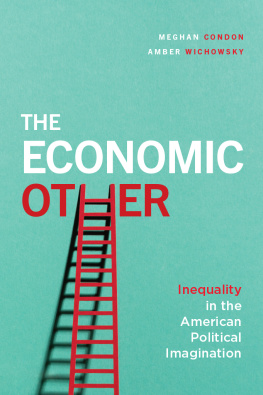

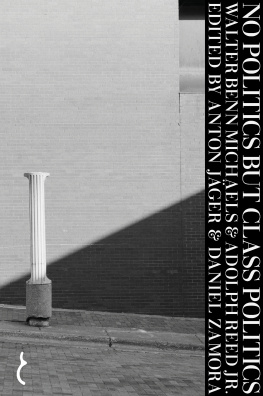
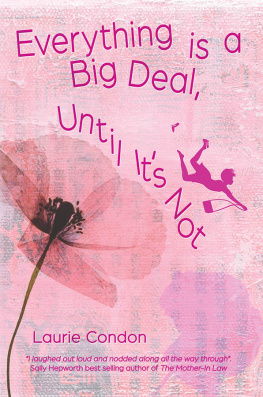
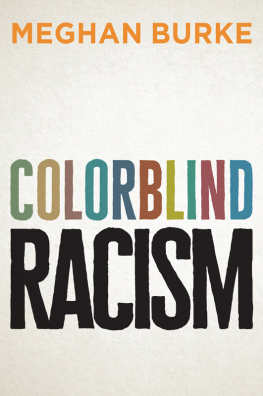
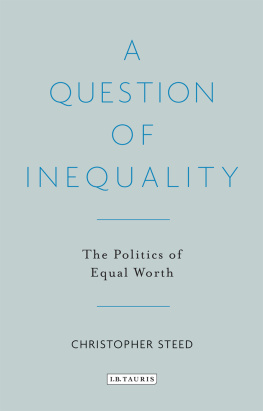
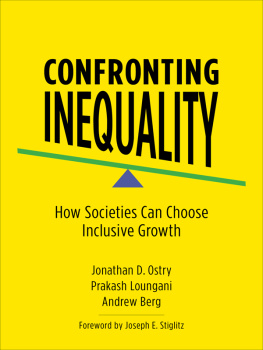
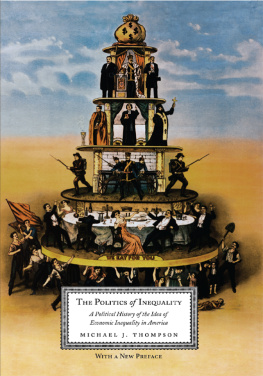
 This paper meets the requirements of ANSI / NISO Z39.481992 (Permanence of Paper).
This paper meets the requirements of ANSI / NISO Z39.481992 (Permanence of Paper).